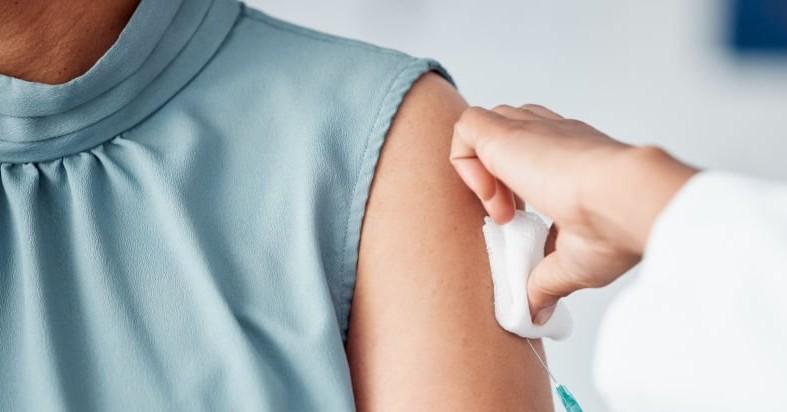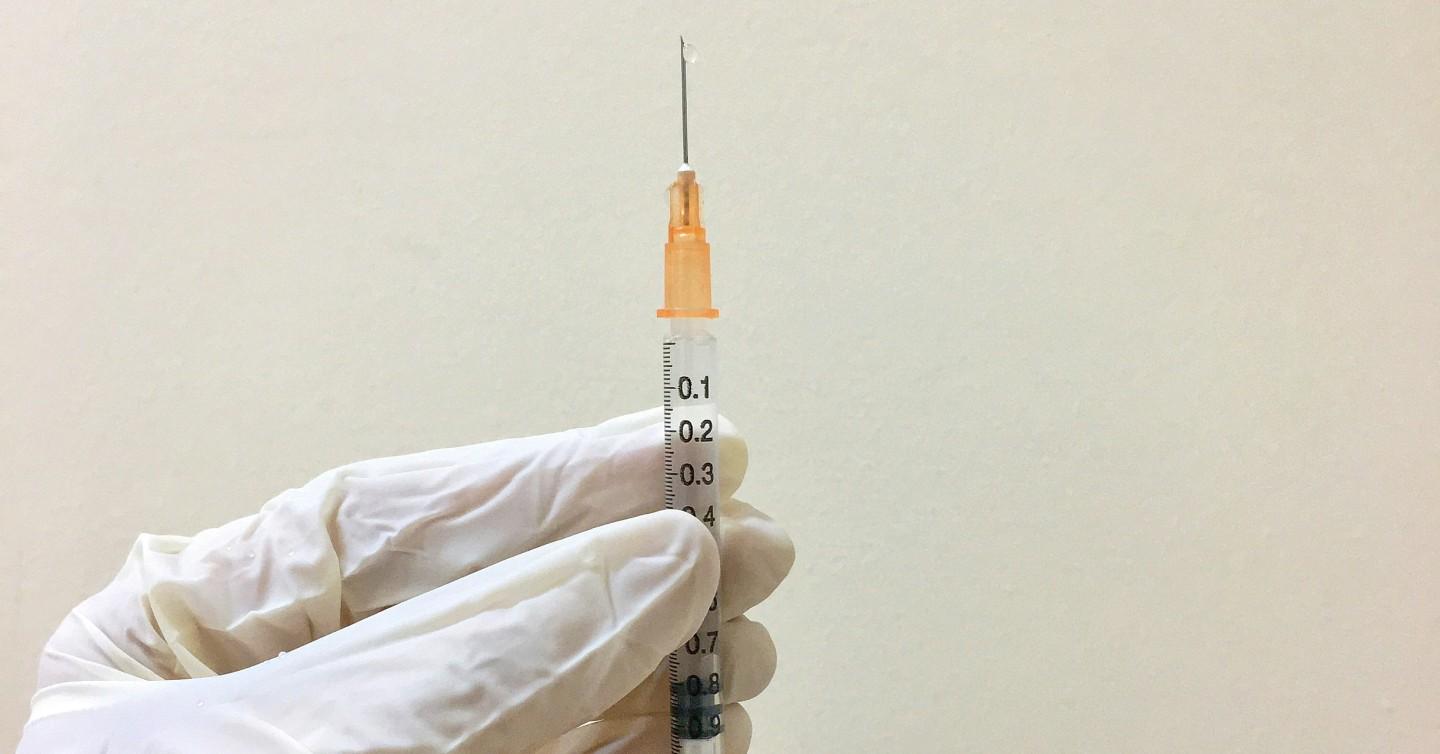
Are you confused over whether or not you should still get a COVID shot? Here's what the experts say.
Do I Need a COVID Shot This Fall? What the Experts Want You to Know About Staying Healthy
The Centers for Disease Control and Prevention (CDC) recommends everyone gets the updated 2024-2025 COVID-19 vaccines to protect against severe COVID-19 this fall and winter.
And, they stress, it is safe to receive your COVID-19 vaccine and flu vaccines at the same visit. Their data continues to show the importance of being vaccinated to protect against severe outcomes, hospitalization and death — especially if you are over 65.

The CDC recommends everyone gets the updated 2024-2025 COVID-19 vaccines to protect against severe COVID-19 this fall and winter.
This is because the virus that causes COVID-19, SARSCoV-2, is always changing, and your protection from diseases from other vaccines you’ve received declines over time. Receiving a new vaccine can restore and enhance protection against the virus variants currently responsible for most infections and hospitalizations in the U.S.
The new, updated vaccine doses, approved by the FDA in late August, are designed to better protect against the highly transmissible coronavirus strains that are circulating right now. Medical experts are recommending the vaccine to everyone because another COVID-19 surge is expected this winter, so it’s good to get your shot in the fall for the most protection.

The new, updated vaccine doses, approved by the FDA in late August, are designed to better protect against the highly transmissible coronavirus strains.
The updated mRNA vaccine doses — one from Pfizer and the other from Moderna — will target just one strain: KP.2, the FDA release explained. “This updated vaccine should give us the most current immunity that’s available,” explained Dr. Stuart Ray, professor at prestigious Johns Hopkins University School of Medicine.
Keep high-risk situations in mind to help plan your dose, experts said. Think about timing your vaccination so you’re protected during any major trips you have planned, for example, or high-risk events, like large indoor weddings. The vaccine’s greatest effect on reducing transmission is going to be in those first couple months after you get it. So if you do have a big event, plan your shot around that.

Keep high-risk situations in mind to help plan your dose, experts said.
Keep in mind the shot has potential side effects, which are a sign that your immune system is building a response and that the vaccine is working. If you don’t get side effects, that doesn’t mean the vaccine isn’t doing its job. But if you do, experts claim, “that’s not a bad thing."
If you decide to get flu and COVID-19 shots at the same appointment, you won’t necessarily have more intense side effects. However, the shots will likely need to be given in different arms, which means you may end up with two sore shoulders instead of just one.
In general, the CDC says people may experience: ■ Pain, redness and swelling at the injection site ■ Fatigue ■ Muscle pain ■ Headache ■ Fever ■ Chills ■ Nausea

Keep in mind the shot has potential side effects, which are a sign that your immune system is building a response and the vaccine is working.
These side effects are typically temporary and mild, but may still interfere with your ability to go about your usual tasks for a day or two. For more severe arm pain, try an over-the-counter pain reliever after your vaccination, gently stretching and using your arm or using a cool or warm compress.
DO NOT take a pain reliever BEFORE getting the shot, as this can affect the immune response, according to the National Foundation for Infectious Diseases. And, of course, it’s important to get rest and stay hydrated as your body deals with the side effects. If you can, plan to take it easy the day after your vaccine.
